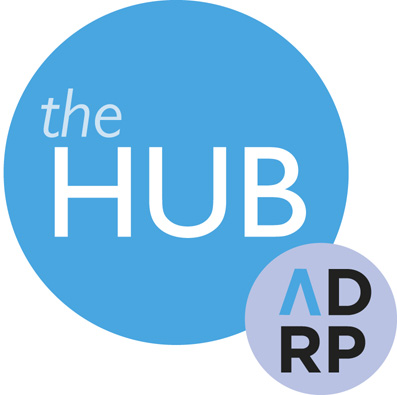
Turning a Longstanding Event into a Virtual Success
Nicole Yarnold
Assistant Director, Donor Relations and Stewardship
Columbia University School of Engineering and Applied Science
Our spring celebration this year to honor undergraduate scholarship donors and recipients drew members of our community ages 18 to 92, from San Francisco to New York to Hong Kong and to Peru. We saw faces we’d never seen at our annual scholarship dinner, because this particular event took place virtually. When the COVID-19 shutdown forced us to cancel the in-person event, we decided to move the celebration online and use technology to foster a sense of connection among our community across the globe during a challenging time.
Scholarships and fellowships are a top priority for Columbia University’s School of Engineering and Applied Science, and stewarding this community is hugely important. When COVID-19 began accelerating in New York City in early March, we quickly realized that our dinner in April would not go on as planned. As we reflected on the loss of this event, we felt strongly that this was a moment when people were looking for increased connection, and we could use this as an opportunity to steward our donors in a new and creative way. Four weeks before the scheduled dinner, we made a plan to move forward with a virtual event. We weighed various options for the event’s programming; ultimately, we settled on a simple approach: remarks by our Dean, remarks by a donor and a student, a Q&A with the Dean, and photo montages honoring donors and scholars. We felt that this simple programming would allow us to meet our goals of giving the event a warm, personal feeling, and foster a sense of community and connection.
As we neared the event, we realized that we were still facing the challenge of providing the high level of connectivity that the in-person dinner allows; it would be difficult to replicate the feeling of sitting next to your donor or recipient for two and a half hours. And so, for the first time, we offered to facilitate one-to-one virtual meetings between donors and students as a supplement to the event. We’ve seen donors from all across the world, and all age groups, take advantage of this opportunity. Since moving remotely, we’ve facilitated nearly 10 of these meetings before, during, and after the virtual event– one such meeting was with two members of the Class of 1951 and their scholar. Students and donors alike have reached out to express how happy they’ve been with these virtual meetings. One student even said that “because the Zoom meeting was just us, rather than other people at a table, I felt that I had more quality time with my donor than ever before, even though it was over a computer.”
When the day of the virtual event came, nearly 100 members of our community joined, which is almost as many as typically attend our in-person dinner. We were surprised to find that people joined from across the country and the world, giving us an opportunity to steward a new segment of our scholarship donor community in an inclusive and creative way. We held the event at 10 AM Eastern, to do our best to include people across the globe–7 AM on the West Coast, 3 PM in the United Kingdom, and 10 PM in Hong Kong. The response to the event was overwhelmingly positive. Donors who have not traditionally attended reached out to express how much they enjoyed the virtual event, and how glad they were that it was supplemented with the one-to-one virtual meetings.
When I started working in Donor Relations, someone gave me the advice that really strong stewardship is about meeting donors where they are and connecting with them there. At Columbia Engineering, we feel strongly that this is a moment to do exactly that. We have an opportunity to take the lessons we’ve learned during these challenging times and build on them. As we look towards the next fiscal year and the ones beyond, I know that we’ll be thinking about how to best continue connecting with our donors– creatively, inclusively, and, most importantly, however they need in order to feel the sense of community.

Back to the June 2020 Hub
|